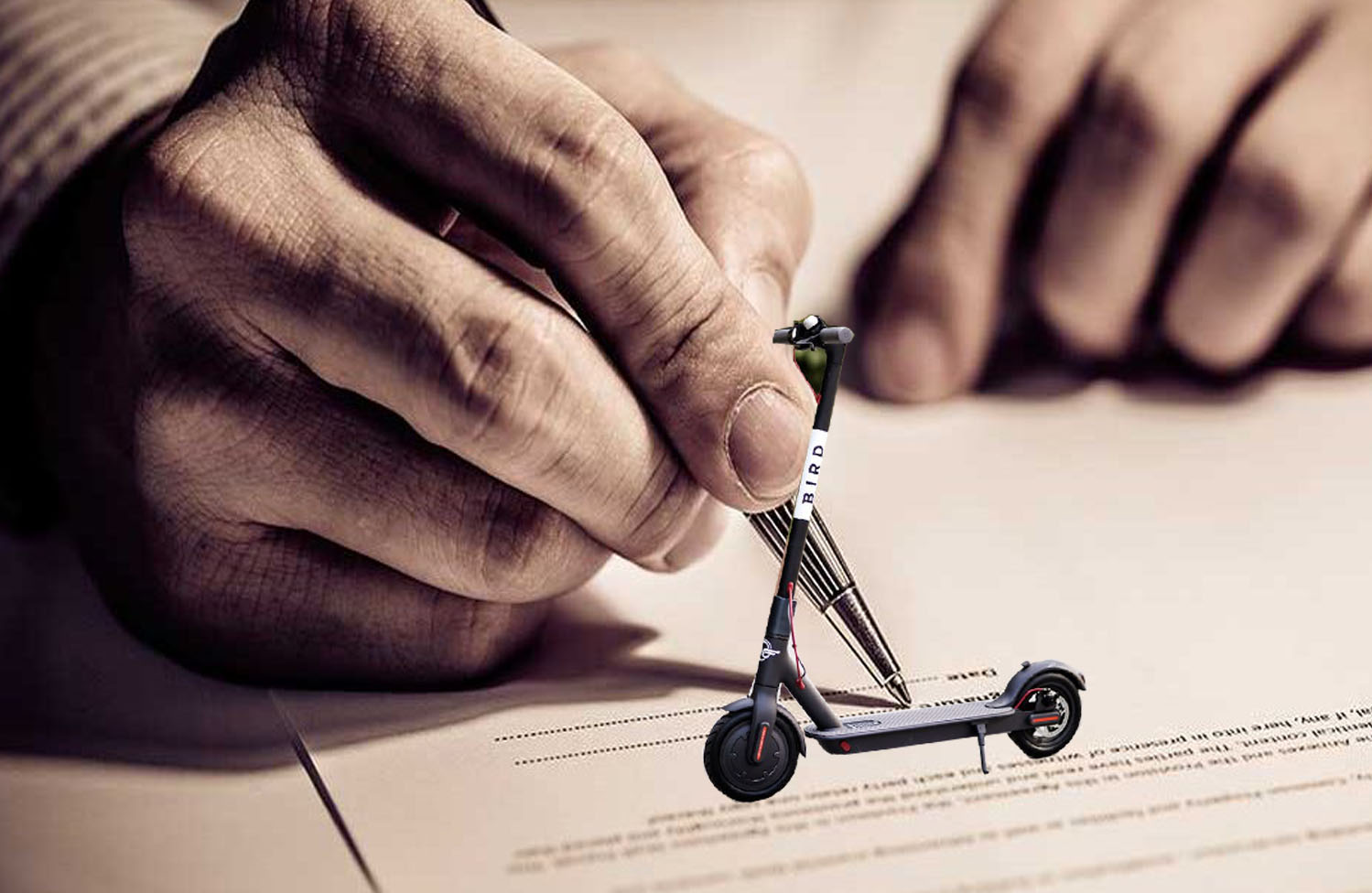Four score and several scooter-sharing startups ago, residents of major cities across the United States started getting frustrated with feeling like they were playing a real-life game of “Frogger” every time they stepped onto a city sidewalk. In the olden days, pedestrians would need to walk with some semblance of vigilance in the event of a cyclist who mistook a sidewalk for a bike lane, but as the micro mobility industry has taken over US cities, leaving pedal-assisted bikes and electric scooters all over, the phrase “foot traffic” has never been more true. Several months ago, Uber caught on to emerging micro mobility industry, which has seen millions of Americans fawn over electric scooters and pedal-assisted bikes left on city sidewalks across the country. Uber acquired the bike-sharing startup Jump for a price close to $200 million, thus giving its users access to the increasingly popular form of local transportation. Back in January, Jump closed a $10 million Series A round of funding while simultaneously becoming the first stationary bicycle service to receive a permit to launch in San Francisco.
However promising the micro mobility industry may be, in terms of investment opportunities, state and local governments do not share the same sentiment about companies who’ve left their property in the middle of city sidewalks in hopes of making a profit. According to several sources, more government officials are drafting legislation to regulate the fast growing electric-scooter industry, and restore balance and order to the lives of every-day pedestrians. The goal of these new policy measures, if enacted, is not to squash the micro mobility industry but the complete opposite.
“A lot of lawmakers are probably going to be interested in setting the rules so it’s safe, but not squashing the industry. These e-scooters are being used. That tells you they’re filling a need.”
–Douglas Shinkle, Transportation Program Director, National Conference of State Legislatures
While government oversight is not the sexiest qualities of an innovative industry, laws created to regulate scooter sharing will hold companies accountable for failing to apply for proper city permits before operating pilot businesses. In cities like San Francisco, several companies, including Bird and Lime, were issued bans prohibiting the operating of their scooters because of failure to apply for necessary permitting. Local and state government officials aren’t the only entities frustrated with electric scooters riding rampant on city streets and walkways.
According to The Information, Bird, a scooter startup company recently valued at nearly $1 billion, said its electric scooters tend to last one to two months before they need to be replaced. After thousands of rides on less-than-smooth terrain, it makes total sense that these small-scale forms of transportation have significant wear and tear. It can’t help that scooter vandalism is increasing at a fairly rapid rate. Encouraged by social media, notably the “Bird Graveyard” Instagram (FB) account, individuals angered by electric scooters have decided to take matters into their own hands to express their frustration. If you haven’t checked out “Bird Graveyard,” I highly recommend a peak when you get a chance. What you’ll find is a collection of photos and videos of anti-scooter punks throwing Bird and Lime scooters off parking garage rooftops, tossing them into oncoming traffic or, in some cases, soaking them in lighter fluid and setting them aflame.
According to Slate, local officials from the Lake Merritt neighborhood of Oakland, California fished out “more than 60 electric scooters, made by Bird and its competitor Lime as well as lesser-known comers like Scoot and Wind,” out of Lake Merritt. Sources indicate that executives behind the various scooter companies are well aware their property involuntarily taking a swim.
“Vandalism of all types of property is a problem that should not be tolerated by communities or local law enforcement. We do not support the vandalism or destruction of any property and are disappointed when it takes place. Nor we do support the encouragement, celebration or normalization of this behavior. Bird encourages people in communities to report insides of vandalism to Birds, and irresponsible behavior on Birds, to local authorities and to the company…”
–Bird Ride Technologies, Inc. Spokesperson





